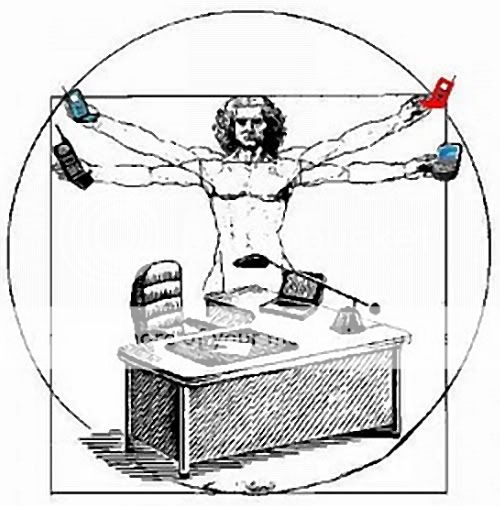There have been some major science stories recently. The news about CERN researchers observing neutrinos moving faster than light that Adept2 posted about the other day is certainly big news, if confirmed. It would fundamentally change the field of physics. Now there’s news that, IMHO, is every bit as exciting.
UC Berkley News Center posted this headline yesterday – “Scientists use brain imaging to reveal the movies in our mind”
BERKELEY – Imagine tapping into the mind of a coma patient, or watching one’s own dream on YouTube. With a cutting-edge blend of brain imaging and computer simulation, scientists at the University of California, Berkeley, are bringing these futuristic scenarios within reach.
Using functional Magnetic Resonance Imaging (fMRI) and computational models, UC Berkeley researchers have succeeded in decoding and reconstructing people’s dynamic visual experiences – in this case, watching Hollywood movie trailers.
As yet, the technology can only reconstruct movie clips people have already viewed. However, the breakthrough paves the way for reproducing the movies inside our heads that no one else sees, such as dreams and memories, according to researchers.
“This is a major leap toward reconstructing internal imagery,” said Professor Jack Gallant, a UC Berkeley neuroscientist and coauthor of the study published online today (Sept. 22) in the journal Current Biology. “We are opening a window into the movies in our minds.”
I immediately thought of the movie Brainstorm while reading the article and, sure enough, that movie is mentioned in the article.
However, researchers point out that the technology is decades from allowing users to read others’ thoughts and intentions, as portrayed in such sci-fi classics as “Brainstorm,” in which scientists recorded a person’s sensations so that others could experience them.
This is an amazing breakthrough. Science fiction writers have imagined a future where some people would be paid to create virtual reality “movies” by thinking about them. Just as writers are paid to create screenplays, these “writers” would be paid to dream on-demand. Those dreams would then be available to anyone who wanted to immerse themselves into that dream. That future just got a little closer.
Is this a big deal or not?
